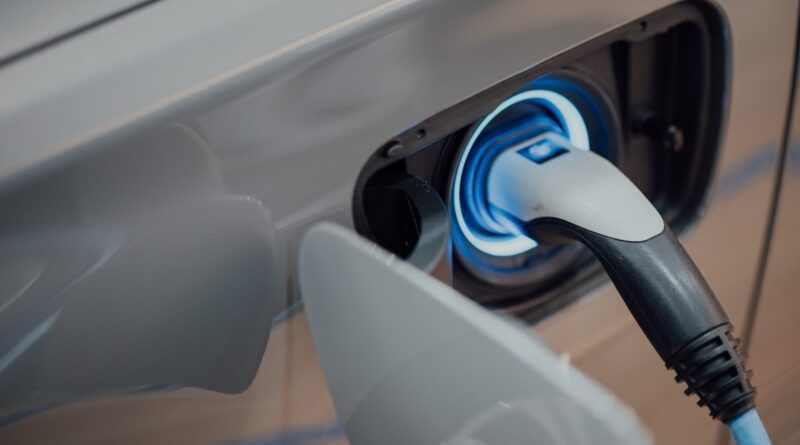
As the U.S. Congress edges closer to passing a new tax bill that could eliminate the $7,500 federal tax credit for electric vehicles (EVs), a wave of activity in the EV charging sector suggests that the movement toward vehicle electrification may be resilient. The latest development involves a strategic partnership between Invisible Urban Charging (IUC), a Georgia-based startup, and Redaptive, a Colorado sustainability firm. Both companies are at the forefront of the “X-as-a-service” industry, offering solutions that allow property owners to install EV charging stations without upfront costs.
This collaboration comes at a critical time. Although the potential loss of the tax credit poses a challenge for EV sales, the partnership aims to address one of the biggest hurdles in EV adoption: the availability of charging infrastructure. By leveraging IUC’s charging-as-a-service model and Redaptive’s expertise in energy-as-a-service, the duo plans to deploy charging stations across large-scale parking facilities in Europe and the U.S.
Charging-as-a-Service: A Turnkey Solution
The charging-as-a-service model is particularly appealing to property owners who are hesitant to invest in EV infrastructure due to the high upfront costs and maintenance responsibilities. This model allows the charging firm to manage all aspects of the installation and operation, including hardware procurement, permitting, and maintenance. In return, property owners can offer onsite charging as an amenity and potentially earn revenue.
IUC’s agreement with the real estate giant CBRE underscores the potential of this model. Under a five-year plan, IUC aims to install one million chargers, focusing on large public parking lots and workplace facilities. CBRE will assist with site selection and project management, while IUC will handle funding and operations.
Strategic Partnerships and Financial Backing
Redaptive brings significant financial muscle to the partnership, backed by investors such as Linse Capital and Honeywell International. Recently, the company secured a $650 million credit facility from CDPQ and Nuveen, which will support its efforts to expand its energy-as-a-service platform. This financial backing enables Redaptive to fund multiple projects without the need for repeated credit applications.
According to IUC co-CEO Jake Bezzant, “The addition of this financing creates a single source of sustainable, market-ready EV deployments for commercial real estate, with no upfront costs, fixed monthly expenses, exceptional service, and highly transparent, efficient energy solutions.”
Expanding Infrastructure: A Nationwide Push
IUC’s ambitious plan is already underway. The company holds contracts for several hundred chargers and is poised to expand rapidly. Last year, it announced a pipeline of 5,000 chargers for Icon Parking, which operates over 200 sites in New York City. This expansion is set to continue as Icon was acquired by Hudson Valley Parking Trust, which, along with Broe Group, also acquired Texas-based Platinum Parking. This acquisition opens up a pipeline of 35,000 chargers across 19 markets.
Furthermore, IUC has partnered with Highwoods Properties, targeting urban centers in states like California, Illinois, and New Jersey. These partnerships are crucial as they pave the way for IUC to meet its one million charger goal.
Political Uncertainty and Industry Resilience
Despite the looming threat of losing the EV tax credit, the industry remains optimistic. The tax bill, if passed, could be a setback, but the momentum in the EV charging sector suggests a robust future. The House of Representatives, with its Republican majority, is unlikely to oppose the bill, and President Trump is expected to sign it into law. However, industry leaders like Elon Musk continue to voice opposition.
The ongoing developments in the EV charging space highlight a broader trend towards sustainable transportation solutions, driven by innovative business models and strategic partnerships. As the landscape evolves, stakeholders remain committed to overcoming challenges and accelerating the transition to electric vehicles.
The coming months will be crucial as the industry navigates political uncertainties and strives to maintain its growth trajectory. With continued investment and collaboration, the vision of widespread EV charging accessibility is closer to becoming a reality.






